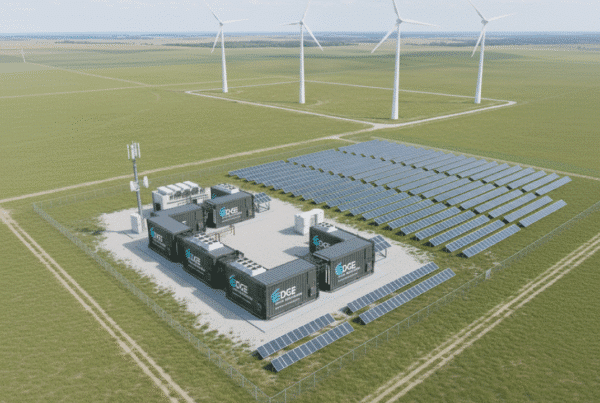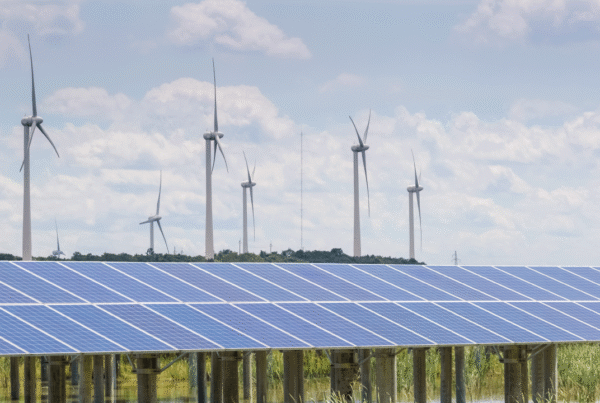
The amount of energy AI consumes can vary significantly depending on several factors such as the size of the model, the complexity of the tasks it performs, and the efficiency of the algorithms and hardware used. The energy used by these systems can come from renewable and non-renewable sources, depending on the energy infrastructure of the supplier or user.
Some Artificial Intelligence models, such as GPT-3, have been criticized for their high energy consumption during training. That is why every day we are working to improve the energy efficiency of these systems by developing specialized hardware, more efficient algorithms and more sustainable practices. .
On the other hand, what is the reason for the impact of AI on the environment?
- Training AI models can be computationally intensive and, therefore, energy-intensive. If this electricity comes from non-renewable sources, it can contribute to greenhouse gas emissions and climate change.
- Data centers that host AI systems may require additional cooling and ventilation systems to maintain the proper temperature, contributing to energy consumption.
- Many companies and data centers make efforts to use renewable energy in their operations and mitigate environmental impact. Transitioning to cleaner energy sources is an important step in reducing the carbon footprint associated with AI.
Although it should also be noted that not everything is negative, as AI has very good applications in environmental engineering:
- They can predict equipment failures in advance. For example, in the case of wind turbines, AI predicts when components need maintenance or replacement.
- It helps optimize energy use in buildings and facilities, reducing energy consumption and decreasing carbon emissions.
- AI can monitor water quality, predict water demand, and identify leaks in the supply system.
Artificial Intelligence and sustainability are two concepts that can be linked to solve nature’s big problems. The industry is already working to make AI more sustainable and minimize its environmental impact.
Learn more about energy and the environment in the Univergy Solar news section.







